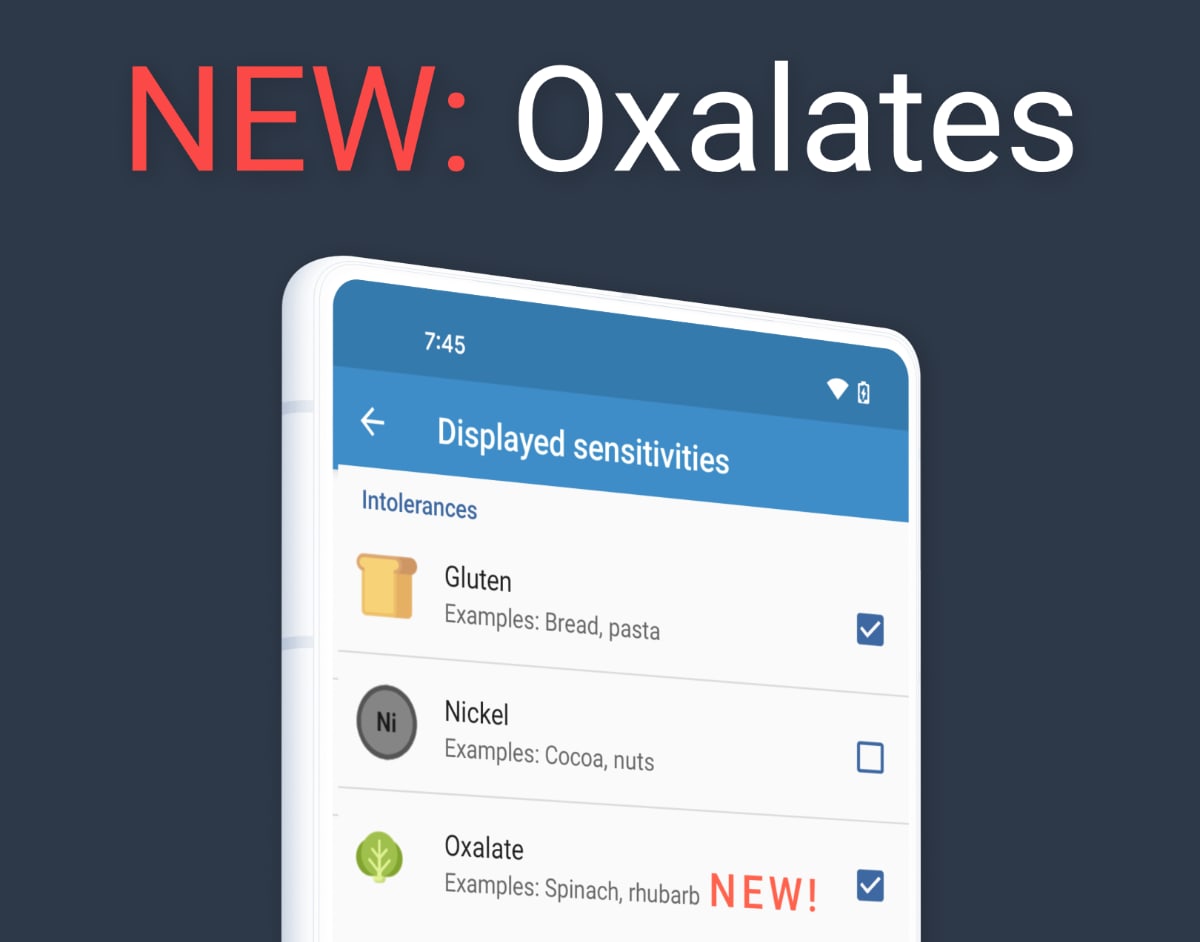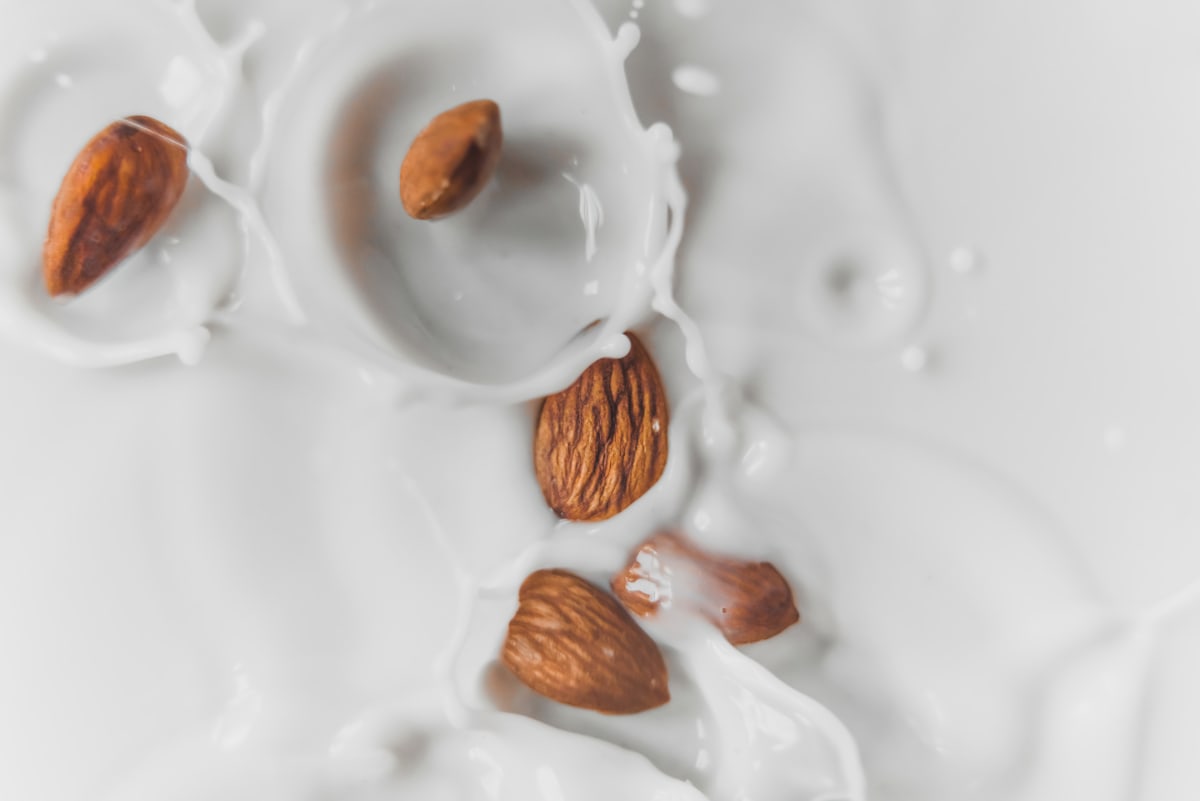Oxalic acid
Oxalic acid and oxalates for Android
07/29/2024 Food Intolerances
A low-oxalate diet is a topic of interest for many of our users. People are generally familiar with oxalates as being the substance that makes up most kidney stones, but they can also cause problems for sufferers of food intolerances.
This information has been available for iPhone on our app for some time, and we are now finally able to provide it for Android too. The update can be downloaded free of charge for all users that have purchased the app. Let’s take a closer look at what new information you can find.

Read More...
This information has been available for iPhone on our app for some time, and we are now finally able to provide it for Android too. The update can be downloaded free of charge for all users that have purchased the app. Let’s take a closer look at what new information you can find.

Read More...
Rhubarb and oxalic acid: is there cause for concern?
05/15/2024 OxiPur
From April until the end of June, supermarkets everywhere will be stocking rhubarb in their produce section. Due to its sweet yet sour taste, it is ideal for compotes, jams and cakes. However, rhubarb also contains an extremely high amount of oxalic acid, a compound that is unhealthy in high amounts and which can cause kidney stones. In this article we look at just how high the oxalate content of rhubarb is and how it can be reduced through proper preparation.

Read More...

Read More...
Does oxalic acid in plant milk increase the risk of kidney stones?
04/08/2024 Food Intolerances OxiPur
As recently as a few years ago, plant-based milk alternatives were considered an exotic, niche product. Today, however, they enjoy incredible popularity and are available in a multitude of varieties. These include milk from:

Read More...
- grains: oat, rice, spelt
- legumes: soy, pea, lupine
- nuts: almond, hazelnut, cashew, macadamia
- and other sources: coconut, hemp, quinoa

Read More...
![[Blog]](../../rw_common/images/baliza_logo_retina.png)